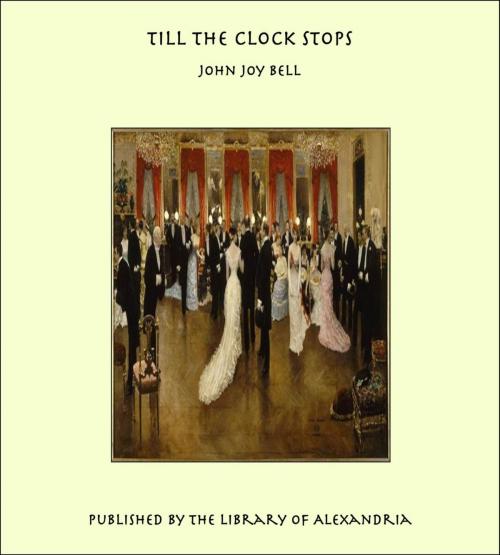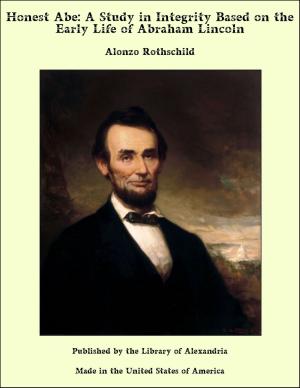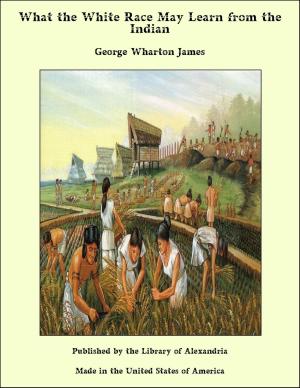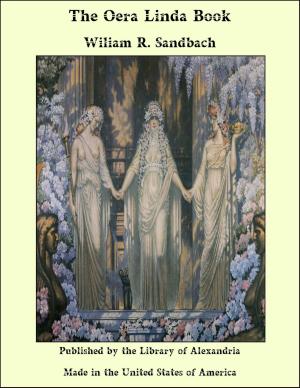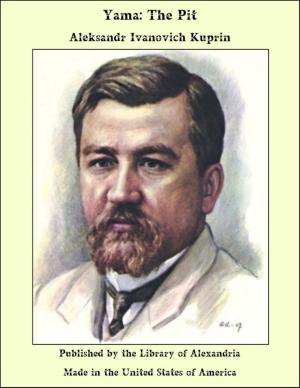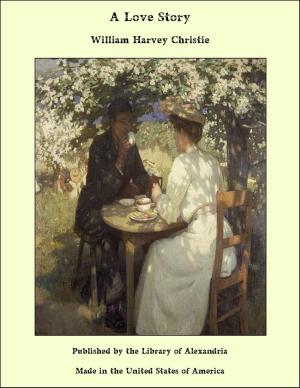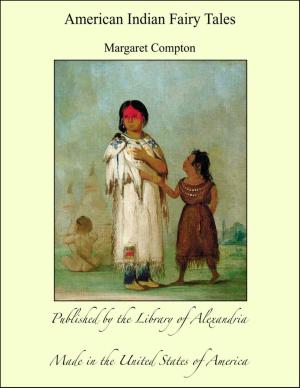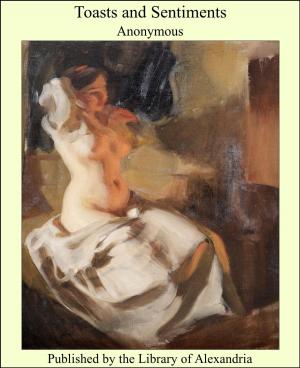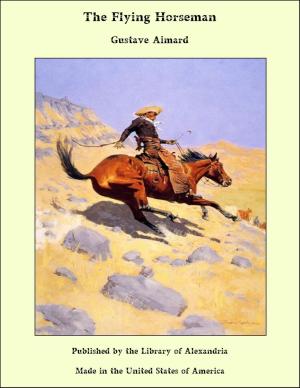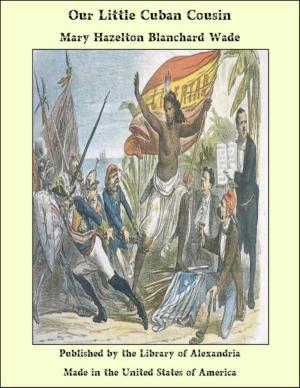| Author: | John Joy Bell | ISBN: | 9781465521309 |
| Publisher: | Library of Alexandria | Publication: | March 8, 2015 |
| Imprint: | Language: | English |
| Author: | John Joy Bell |
| ISBN: | 9781465521309 |
| Publisher: | Library of Alexandria |
| Publication: | March 8, 2015 |
| Imprint: | |
| Language: | English |
On a certain brilliant Spring morning in London's City the seed of the Story was lightly sown. Within the directors' room of the Aasvogel Syndicate, Manchester House, New Broad Street, was done and hidden away a deed, simple and commonplace, which in due season was fated to yield a weighty crop of consequences complex and extraordinary. At the table, pen in hand, sat a young man, slight of build, but of fresh complexion, and attractive, eager countenance, neither definitely fair nor definitely dark. He was silently reading over a document engrossed on bluish hand-made folio; not a lengthy document—nineteen lines, to be precise. And he was reading very slowly and carefully, chiefly to oblige the man standing behind his chair. This man, whose age might have been anything between forty and fifty, and whose colouring was dark and a trifle florid, would probably have evoked the epithet of "handsome" on the operatic stage, and in any city but London that of "distinguished." In London, however, you could hardly fail to find his like in one or other of the west-end restaurants about 8 p.m. Francis Bullard, standing erect in the sunshine, a shade over-fed looking, but perfectly groomed in his regulation city garb, an enigmatic smile under his neat black moustache as he watched the reader, suggested nothing ugly or mean, nothing worse, indeed, than worldly prosperity and a frank enjoyment thereof. His well-kept fingers toyed with a little gold nugget depending from his watch chain—his only ornament
On a certain brilliant Spring morning in London's City the seed of the Story was lightly sown. Within the directors' room of the Aasvogel Syndicate, Manchester House, New Broad Street, was done and hidden away a deed, simple and commonplace, which in due season was fated to yield a weighty crop of consequences complex and extraordinary. At the table, pen in hand, sat a young man, slight of build, but of fresh complexion, and attractive, eager countenance, neither definitely fair nor definitely dark. He was silently reading over a document engrossed on bluish hand-made folio; not a lengthy document—nineteen lines, to be precise. And he was reading very slowly and carefully, chiefly to oblige the man standing behind his chair. This man, whose age might have been anything between forty and fifty, and whose colouring was dark and a trifle florid, would probably have evoked the epithet of "handsome" on the operatic stage, and in any city but London that of "distinguished." In London, however, you could hardly fail to find his like in one or other of the west-end restaurants about 8 p.m. Francis Bullard, standing erect in the sunshine, a shade over-fed looking, but perfectly groomed in his regulation city garb, an enigmatic smile under his neat black moustache as he watched the reader, suggested nothing ugly or mean, nothing worse, indeed, than worldly prosperity and a frank enjoyment thereof. His well-kept fingers toyed with a little gold nugget depending from his watch chain—his only ornament
